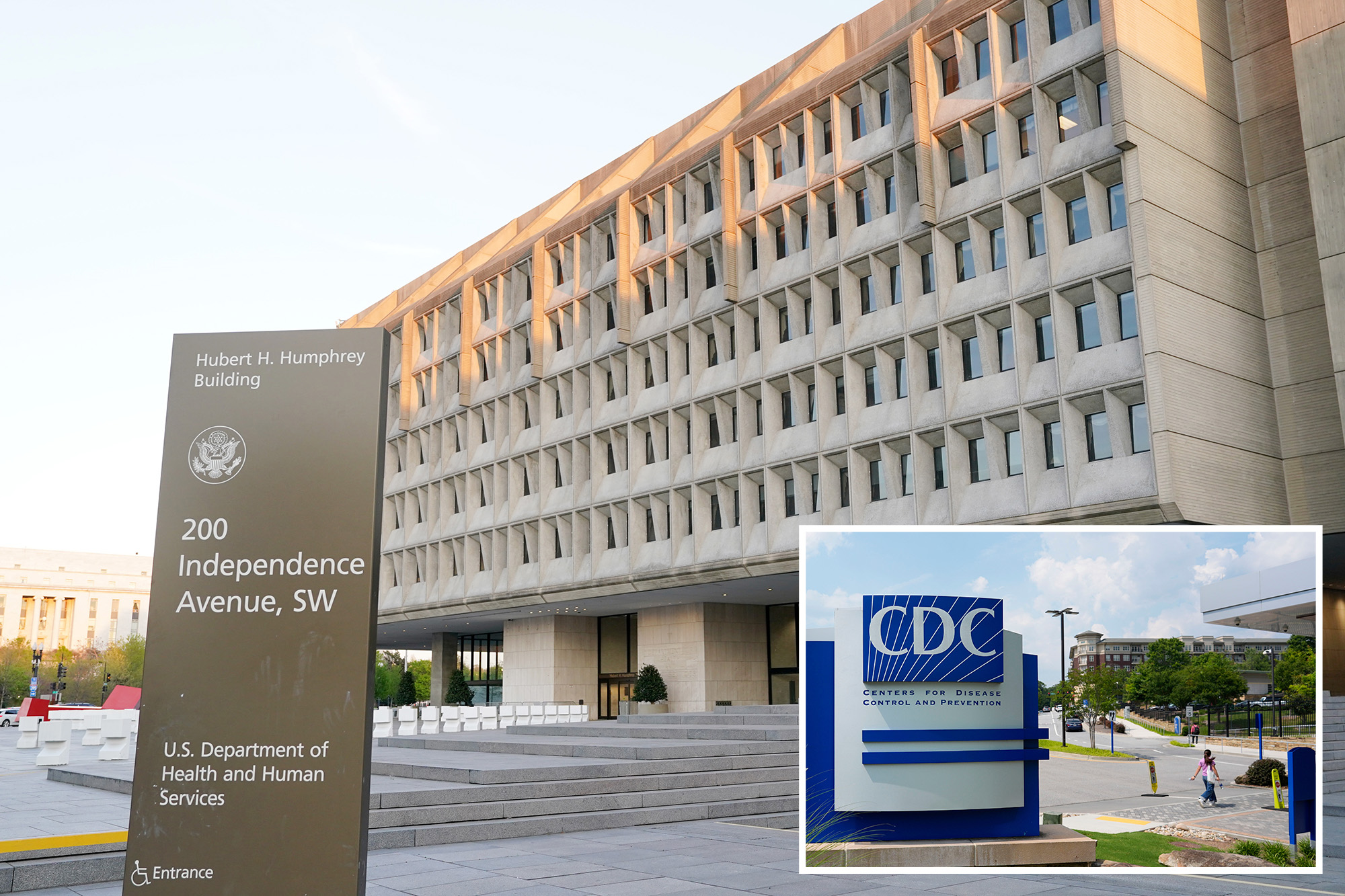Health
HHS Moves to Revise Bargaining Rights for Federal Health Workers

The U.S. Department of Health and Human Services (HHS) has initiated a significant change that affects thousands of federal health agency employees by moving to revoke their collective bargaining rights. This decision has been met with strong opposition from unions, which assert that the action is illegal. HHS officials confirmed on Friday that the department would cease its recognition of unions for specific employees, reclaiming office space and equipment previously used for union activities.
This action represents the latest effort by the administration of former President Donald Trump to diminish collective bargaining agreements with unions representing federal employees. Other agencies that have already faced similar changes include the Department of Veterans Affairs and the Environmental Protection Agency.
In May 2023, an appeals court ruled that the administration could proceed with Trump’s executive order aimed at terminating collective bargaining rights for hundreds of thousands of federal employees while a legal challenge unfolds. In a statement, HHS spokesman Andrew Nixon emphasized the department’s commitment to ensuring that its resources and personnel remain focused on protecting the health and security of the American public.
Union Response and Implications for Public Health
Officials from the American Federation of Government Employees (AFGE) have voiced their concerns regarding this decision. They argue that robust union contracts do not impede effective responses to public health emergencies. Instead, they contend that such contracts contribute to a stable, experienced, and well-supported workforce within agencies like the Centers for Disease Control and Prevention (CDC).
Several CDC employees have noted that the union has served as a vital source of information and advocacy, particularly during layoffs that occurred earlier this year and following the attack on the CDC’s main campus in Atlanta on August 8, 2023. The union has been actively advocating for improvements in the agency’s emergency alert system and enhanced security measures for its employees.
Other federal agencies affected by this decision include the Food and Drug Administration (FDA), the National Institutes of Health (NIH), the Administration for Strategic Preparedness and Response, and the Office of Refugee Resettlement within the Administration for Children and Families.
The ongoing situation raises important questions about the future of collective bargaining rights for federal employees and the potential impact on public health initiatives across the country. As the legal battle continues, the outcome could have far-reaching consequences for both federal workers and the communities they serve.
-

 Science1 month ago
Science1 month agoNostradamus’ 2026 Predictions: Star Death and Dark Events Loom
-

 Technology2 months ago
Technology2 months agoOpenAI to Implement Age Verification for ChatGPT by December 2025
-

 Technology7 months ago
Technology7 months agoDiscover the Top 10 Calorie Counting Apps of 2025
-

 Health5 months ago
Health5 months agoBella Hadid Shares Health Update After Treatment for Lyme Disease
-

 Health5 months ago
Health5 months agoAnalysts Project Stronger Growth for Apple’s iPhone 17 Lineup
-

 Technology5 months ago
Technology5 months agoElectric Moto Influencer Surronster Arrested in Tijuana
-

 Education5 months ago
Education5 months agoHarvard Secures Court Victory Over Federal Funding Cuts
-

 Science2 months ago
Science2 months agoBreakthroughs and Challenges Await Science in 2026
-

 Health5 months ago
Health5 months agoErin Bates Shares Recovery Update Following Sepsis Complications
-

 Technology7 months ago
Technology7 months agoMeta Initiates $60B AI Data Center Expansion, Starting in Ohio
-

 Technology6 months ago
Technology6 months agoDiscover How to Reverse Image Search Using ChatGPT Effortlessly
-

 Science4 months ago
Science4 months agoStarship V3 Set for 2026 Launch After Successful Final Test of Version 2





















